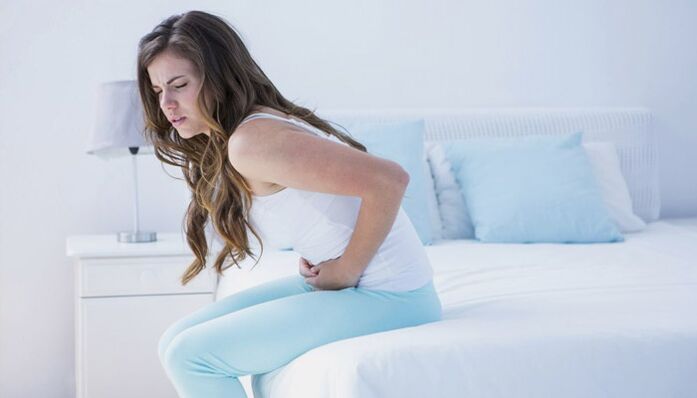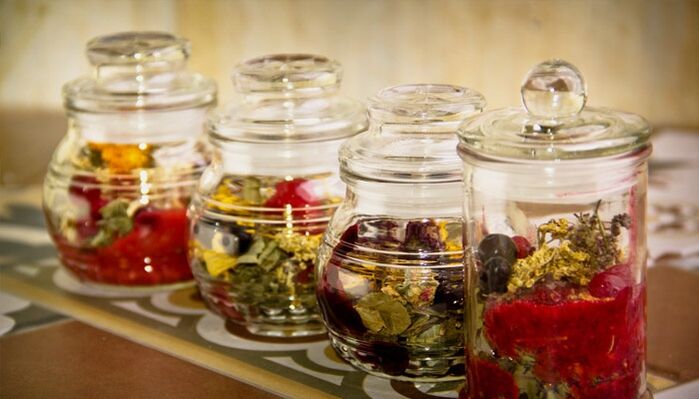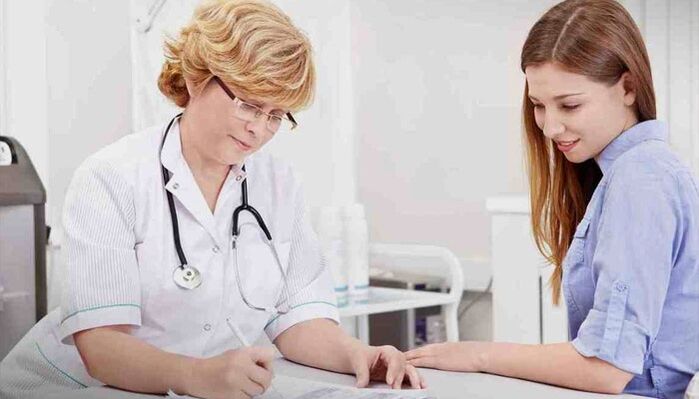It is difficult to confuse cystitis with another disease. With the feeling of pulling in the lower abdomen, frequent urination and burning in the ureters that many women are familiar with. Women are at a much higher risk of cystitis than men because of the anatomical structure of this organ. A woman's urethra is wider and shorter, making it easier to get infections.
Treatment of cystitis in women at home

Diseases caused by pathogenic microorganisms: Staphylococcus aureus or Escherichia coli. They enter from the urethra into the bladder causing inflammation. Cystitis begins with an acute form: every 15-20 minutes, women have a feeling of wanting to urinate, pain, and burning in the lower abdomen. With hemorrhagic cystitis, there is blood in the urine, the body temperature rises. If the disease is left untreated, over time the inflammation becomes chronic and lasts for years or even a lifetime.
To cure cystitis in women, you need to conduct an examination, then determine the cause of the disease. As a rule, after a laboratory examination, the doctor prescribes a course of antibiotics, herbal medicines and antispasmodics. During the treatment of cystitis, women are recommended to:
- drink lots of water, herbal decoction to quickly "wash" the pathogenic microflora out of the bladder;
- observe the bed rest;
- strictly control the purity of the genitals;
- sitting soaked in warm water decoction acute pain reliever;
- eliminate fried, fatty, spicy foods, alcohol, coffee from the diet;
- Eat low-fat dairy products, vegetables, fruits.
antibiotics for cystitis
Antibiotics are needed to kill the infection. Drugs for cystitis are prescribed to women after the exact identification of the pathogen. Divide antibiotics for cystitis into 3 groups:
- Tetracyclines.
- Penicillin.
- Sulfanilamide.
The duration of the course of treatment depends on the form and course of the disease, and treatment lasts no more than a week. If a woman takes antibacterial drugs for a longer time, then side effects may occur in the form of violations in the gastrointestinal tract. Antibiotics need to be very careful in patients with diabetes, during pregnancy, menopause, and during lactation.
Phytoprepods
What else treats cystitis in women? Herbal medicine is effective. Pain and cramps relief in women with cystitis and urethritis. Cystitis oral tablets with cranberry extract prevent the reproduction of pathogens on the epithelial surface of the urinary tract due to the high content of proanthocyanidins.
Antispasmodic drugs
To effectively treat cystitis in women and girls, doctors use antispasmodics. These include drugs that can reduce muscle spasms of internal organs. When the painful recurrent contractions pass, the woman feels more relieved. Medications of this class help to get rid of frequent urination by relaxing the sphincter. The advantage of antispasmodics is their speed, and the disadvantage is side effects during treatment in the form of dizziness, coma, drowsiness.
Treatment of cystitis at home with folk methods
Exacerbation of cystitis in women requires the appointment of antibiotics. For treatment with antibacterial drugs, you can add folk remedies that have diuretic, anti-inflammatory, and dissolving effects. Complex treatment of the genitourinary system includes cranberry or cranberry juice, kidney tea, herbal infusions, decoctions, fees.
herbs for cystitis
Chronic cystitis can be treated with a decoction of medicinal plants. Common herbs for cystitis are bearberry, chamomile, St. John's wort, Ganoderma lucidum leaves, golden water lily rhizomes. They are easy to buy at the drugstore, brew like regular tea, then drink periodically. To prevent the disease, it is possible to carry out daily herbal treatment for a month.
Another good traditional medicine recipe against bacterial cystitis is fennel infusion. Grind the seeds of the plant into a powder, then 1 teaspoon of MSG. Mix 200 ml of boiling water, leave for an hour, then drink with the residue. Do this for a week on an empty stomach every morning. This method will help women get rid of urinary incontinence on their own.
Diet for cystitis in women
With acute cystitis, a woman's first task is to increase the amount of urine leaving this organ. To cause this condition will help to include in the diet low-salt foods, alkaline foods. In addition, you should drink plenty of water. It is recommended to eat during illness four to five times a day, divided into small portions. During an exacerbation of cystitis, even before consulting a doctor, you need to apply the following methods to increase urine output:
- drink at least two liters of filtered water daily;
- drink a few cups of green tea;
- Drink herbal decoction according to the scheme: half a glass every 4 hours.

At the first manifestations of the disease, exclude from your menu products that irritate the bladder: smoked meats, marinades, cakes, confectionery, coffee, strong teas, spices, dishesSpicy, harsh spices. Instead, you should favor a dairy-based diet, in which the combination of proteins, fats and carbohydrates is optimally regulated. List of products indicated in the treatment of cystitis:
- fresh vegetables and fruits;
- boiled radish;
- dairy products;
- boiled meat or fish;
- Vegetable soups are prepared with no meat or fish broth.
How to treat cystitis during pregnancy
Women who are pregnant or breastfeeding should be carefully anesthetized for inflammation. Unfortunately, exacerbation of cystitis in a pregnant woman against the background of weak immunity is a common phenomenon. Independent use of tablets, ointments, suppositories or folk remedies on the advice of friends can lead to undesirable consequences.
At the first sign of an acute flare-up or frequent urination, contact your doctor immediately. The specialist will take into account the form of cystitis, the duration of pregnancy will prescribe antibacterial, anti-inflammatory and antispasmodic drugs that will relieve the symptoms individually in each case.
How to cure chronic cystitis
Even with the current level of medical development, no doctor can guarantee you a complete cure for chronic cystitis. People only get a bladder cold once and there is no cure, as the inflammation recurs after hypothermia, prolonged nervous tension, use of tampons, or prolonged sex. In addition to medication, it is important for disease prevention and treatment to switch to a healthy lifestyle free of alcohol, smoking, and proper nutrition.

Who should I contact when I have a bladder infection?
Most women who have symptoms of cystitis rush to see a gynecologist. You should know that urologists are involved in the treatment of inflammation of the genitourinary system. Information that this is a male doctor is a myth in folklore. For an accurate diagnosis and more effective treatment, women should complain to a urologist.




























